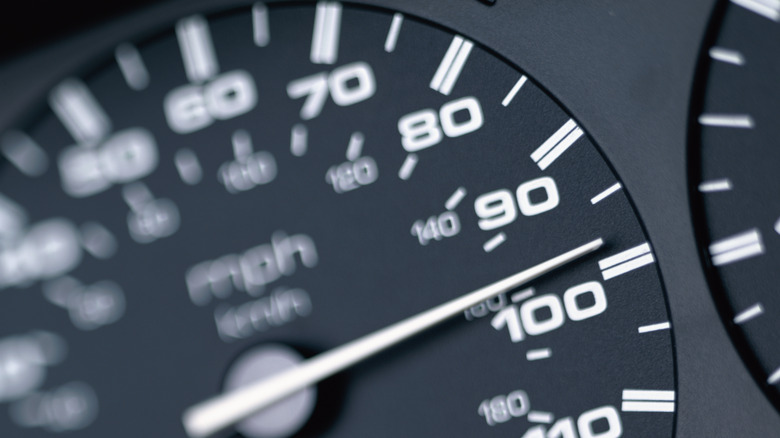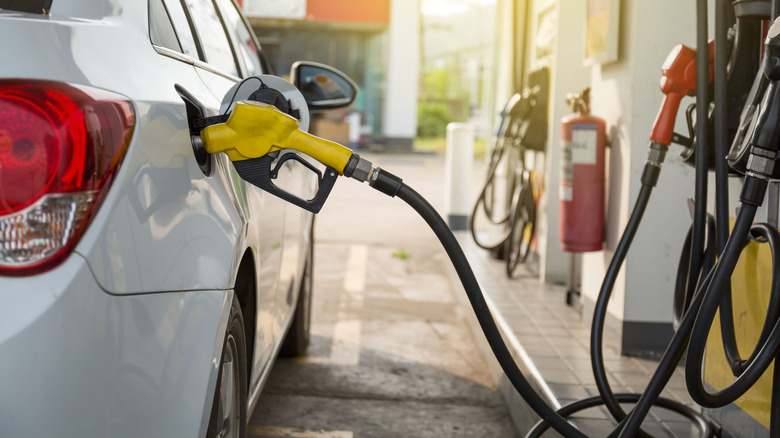Does Driving Faster Use More Gas?
The answer to the question of whether driving faster uses more gas is a resounding yes. Maintaining the posted speed limit gives you the best fuel economy, which the New York State Department of Transportation estimates at a seven to 23% improvement compared to traveling over the limit.
This is because higher road speeds produce increased air resistance, also known as aerodynamic drag, on your vehicle, which requires it to burn more fuel to maintain that higher speed. This directly affects your fuel economy. Higher speeds also generate more drag between your tires and the road surface, causing you to use even more gas. Since speed limits nationwide can vary widely, it's helpful to know the highest and lowest U.S. state speed limits.
Conversely, it is definitely possible to drive too slowly and negatively affect your fuel economy. Driving too far below the speed limit can cause your vehicle to shift into a lower gear, which will worsen your mileage. This type of driving can also have a bad effect on your safety and that of your car's occupants by increasing your risk of a rear-end collision, particularly if the majority of the traffic on that roadway is traveling at a faster speed than you are.
Other ways to use less gas while driving
There are numerous strategies that let drivers use less gas and improve their overall fuel economy. One is to eliminate unnecessary idling, since you get zero MPG whenever your car is sitting still with the motor running. Another is to use cruise control whenever it is safe to do so. The U.S. Department of Transportation estimates you'll save 60 gallons of fuel over 10,000 miles traveled when using cruise control.
One more good idea is to open your windows instead of using the air conditioning during low-speed driving under 40 mph, which will eliminate the mileage penalty associated with running the AC. Remember that it's fine to run your AC at higher speeds, when the aerodynamic drag from open windows results in a greater fuel economy penalty than what the AC consumes at highway speeds. If your car happens to be an older one, even though older cars tend to be thirstier, don't worry, there are various ways to improve its gas mileage.
Another way to improve your vehicle's fuel economy is to combine your trips, which should reduce the overall number of miles you drive, improving your mileage. You should also avoid carrying heavy items inside your vehicle, since these require extra fuel to transport during your daily rounds. Finally, don't leave rooftop cargo carriers on top of your car when they are not needed — they create a lot of unnecessary aerodynamic drag, which equals poor fuel economy.

